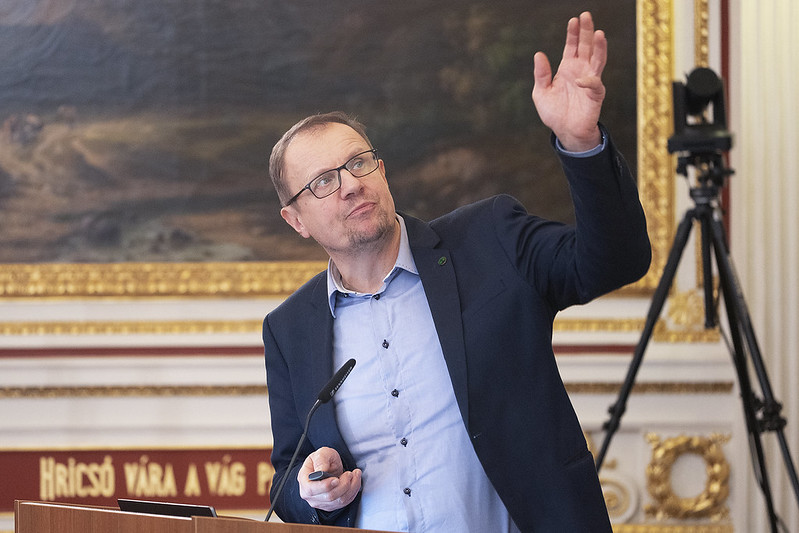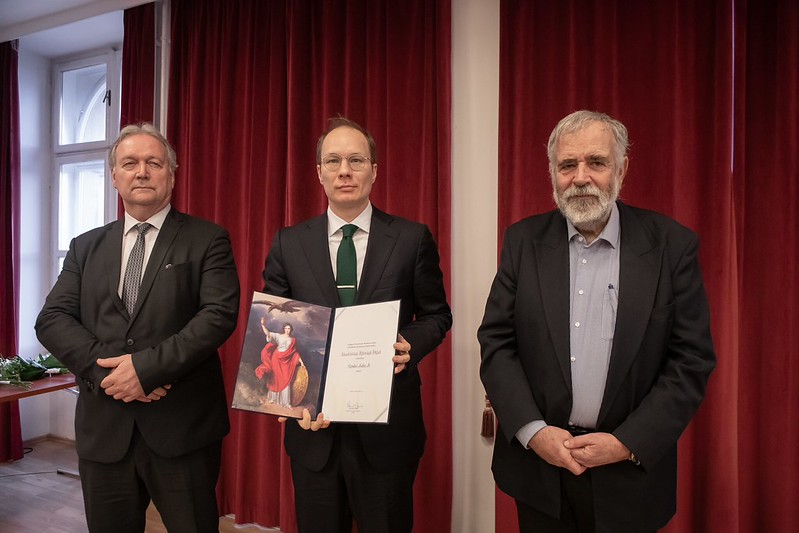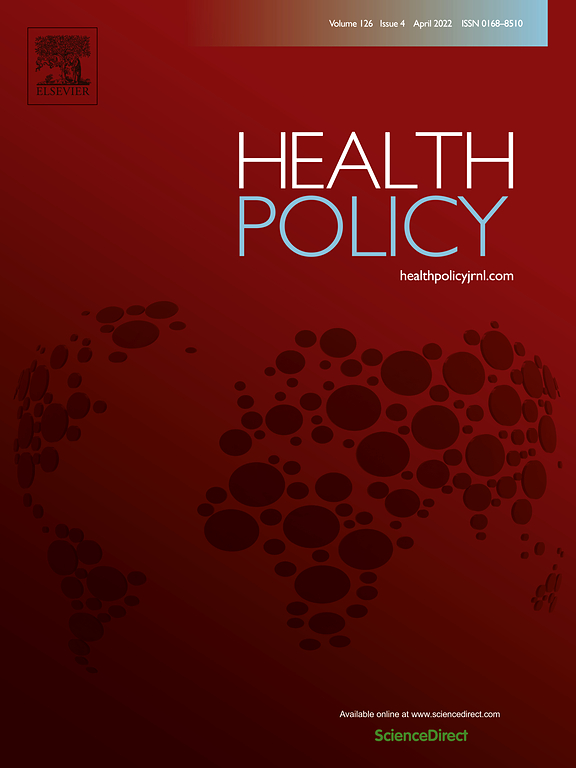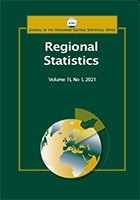Hajdú Zoltán és Gál Zoltán írásai a Közép-Európai Közleményekben

Évf. 13 / szám 1-2 (2020) – megjelent: 2020-08-01
Artner Annamária cikke a Third World Quarterly folyóiratban

Currently, the world system is in a state of complex crisis and transformation. The overall influence of its US-led centre has weakened, and most of the global periphery is in either chaos or misery. The mechanisms of the global accumulation of capital prevent new global leaders from emerging. Until now, China’s economic ascent has been based on managed market forces and sovereign monetary policy. However, if the liberalisation of capital flows in China continues, the country’s financial independence might be lost. This article explains how the nodal crisis of global capitalism has evolved, how far the marketisation and financial liberalisation of the Chinese economy has gone and the largest obstacles to China further strengthening its influence on the world order. The author concludes that China could play a positive role as a new superpower in constructing a world beyond capitalism, if it does not give up the socialist project, keeps market forces under control, maintains accumulation without dispossession, preserves its financial independence and makes alliances with other nations on the global (semi-)periphery. The latter is particularly important, as the present hegemonic centre will not give up its position peacefully.








